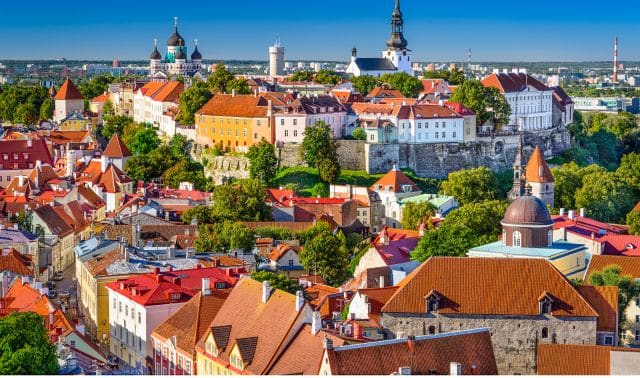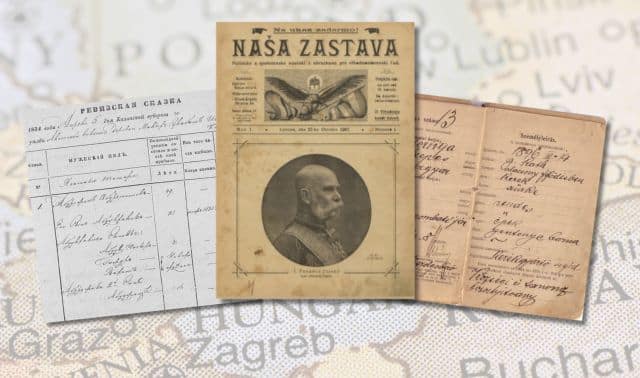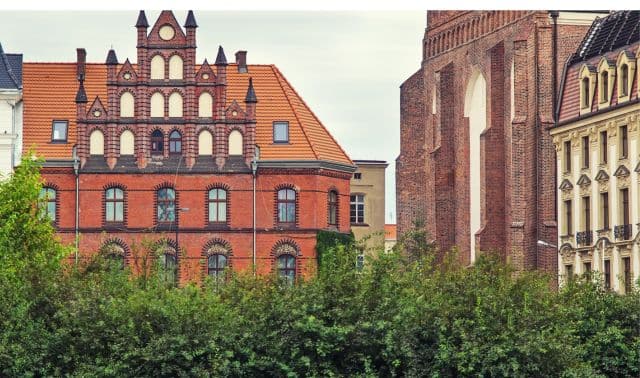As you research your Estonian heritage, you will want to become familiar with different names for your family’s province and town — many places have names in multiple languages. Take L’re viv, Ukraine: It’s been known as Lvov in Russian, Lwów in Polish, Lvuv in Yiddish and Lemburg in German. The city was the historical center of Galicia (Halycbyna in Ukrainian), an area now split between Poland and Ukraine. Gazetteers will help you unpuzzle these name switches and locate defunct and tiny towns. Check FamilySearch for gazetteers that cover your ancestral country.
Ethnic organizations also may have resources and researchers for you to consult. The Balzekas Museum for Lithuanian Culture, for example, assists in town research. And don’t forget online resources, such as the Jewish-Gen Shtetl Seeker. This place-name database is useful for all Eastern European researchers.
Once you’ve identified the name and town, you’ll face a dizzying array of potential languages in European documents. Records from the USSR or Russian Empire are usually in Russian. Depending on the place and time, records may be in Polish, Hungarian, Romanian, Yiddish, German or Latin in addition to or in place of your ancestors’ native language.
Don’t panic — not even the most dedicated genealogist will master all those tongues. “You don’t need to speak the language at all,” assures Weiner. “You can work with a translator.” Ethnic and professional genealogy groups can recommend translators, or consult the online directories for the Federation of East European Family History Societies and the Association of Professional Genealogists.
So stick to learning basics such as foreign alphabets and key genealogical terms, and be able to recognize names and places. The Routes to Roots Foundation website, which Weiner created and maintains, has a key to Russian genealogical terms and downloadable alphabet charts for nine languages.
If you are not sure where to begin your research, below are some resources to help you get started.
WEBSITES
How to Find Relatives in Estonia
BOOKS
A Dictionary of Jewish Surnames from the Russian Empire by Alexander Beider
Estonia and the Estonians, 2nd edition, by Toivo U. Raun
Estonian Experience and Roots: Ethnic Estonian Genealogy with Historical Perspective, Social Influences and Possible Family History Resources by Sigrid Renate Maldonado
Following the Paper Trail: A Multilingual Translation Guide by Jonathan D. Shea and William F. Hoffman
The Penguin Historical Atlas of Russia by John Channon with Robert Hudson
ORGANIZATIONS
Last Updated: August 2023





